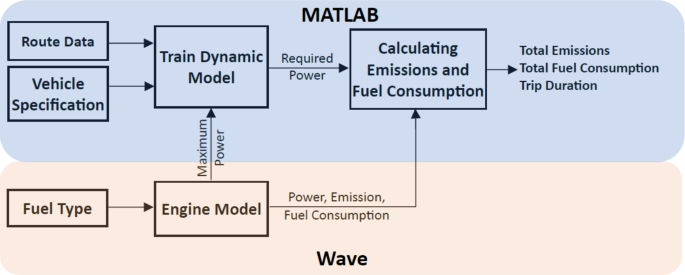Decarbonizing UK Railways: The Role of Hydrogen Technology
Key Ideas
- UK railway network aims to phase out diesel trains by 2040 and eliminate all diesel-only trains by 2050, pushing for decarbonization and emissions reduction.
- Hydrogen is identified as a crucial low-carbon energy source for UK rail transport, with plans to deliver 5GW of low-carbon hydrogen by 2030 for various use cases.
- Studies show that hydrogen fuel can significantly decrease CO2 emissions in train engines, although there are concerns regarding NOx emissions.
- Research demonstrates that hydrogen fuel can improve thermal efficiency, reduce CO and unburned hydrocarbon emissions compared to pure diesel, highlighting its potential in decarbonizing rail transport.
The UK is focusing on decarbonizing its railway network by introducing low-carbon technologies to reduce emissions and phase out diesel trains. Hydrogen has emerged as a key player in this transition, with plans to deliver 5GW of low-carbon hydrogen by 2030 for various transport applications. While electrification has been effective in reducing emissions, the UK recognizes the limitations and expenses associated with this approach, leading to a shift towards exploring alternative fuels like hydrogen. Studies indicate that hydrogen fuel can significantly decrease CO2 emissions in train engines, although concerns regarding NOx emissions persist. Research has shown improvements in thermal efficiency and reductions in CO and unburned hydrocarbon emissions when using hydrogen compared to pure diesel, demonstrating the environmental benefits of hydrogen as a fuel source for rail transport. Efforts to integrate hydrogen technology into the UK rail sector are ongoing, with researchers and policymakers working towards meeting ambitious emissions reduction targets and advancing the use of low-carbon fuels for a sustainable transport future.
Topics
Rail
Sustainability
Decarbonization
Transport Sector
Emission Reduction
Railways
Energy Mix
Low Carbon Fuels
UK
Latest News
